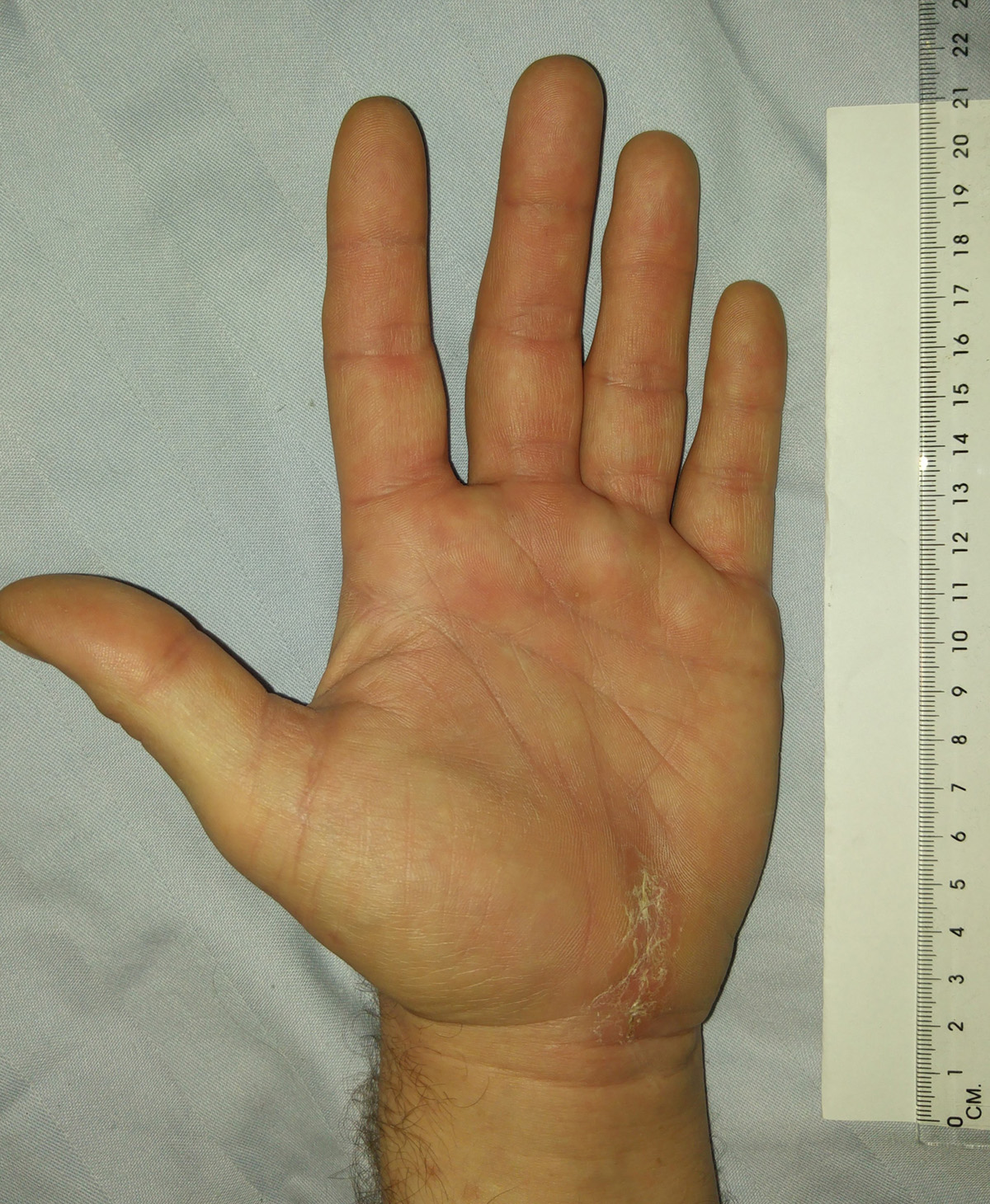
Uvulopalatopharyngoplasty, or uvulopalatal flap, is a palate surgery which removes the obstructive sleep apnea. This obstructionproduces problems with speaking, breathing and swallowing. General anesthesiais used in this operation.
Just like with any other surgery, some risks areinvolved with this. After the palate surgery or tonsillectomy,which is commonly performed with palate surgery, some infections may occur.Taking alcohol may produce infection, so watch out for alcohol, which can befound even in mouthwash. In some occasions, a certain tooth injury can be donewhile operating. This procedure is done also in order to reduce the snoring. Insome cases this can help, while in others cannot. There is a possibility of acertain bleeding. Two weeks prior and after the operation, you should not takeNSAIDs, like naproxen or ibuprofen, herbal medications, Aspirin or vitaminsupplements. Bleeding happens very rarely, but the chances increase whentonsillectomy is done. Bleeding must be treated immediately. Very uncommon sideeffect from the surgery is the speech change. After the surgery, it is verycommon for patients to experience food and especially fluids backing up throughthe nose. This can last for one or two days, but cases in which this conditionremains, are very infrequent. This condition is called Regurgitation. Problemswith breathing through the nose can occur if narrowing of the throat is doneduring the surgery. These have been some of the common risks related to palate surgery.
Now, we will focus on the recovery from thesurgery. Taking of antibiotics is usual for the first several days. But theyneed to be eliminated if rash or diarrhea occurs. Four or five days after thesurgery, patients will go on a diet. The diet consists of plenty of fluid (notonly water, but juices and milk shakes also). Next, soft solid food will beintroduced, and in 14 days, you will return to normal nutrition. Remember toavoid any food with sharp edges. Pain control is important. You can usepainkillers, but avoid naproxen and ibuprofen. The pain will decrease after 14days, but it will be acute until then. After the surgery, since the jaw isconnected to the tonsils and the soft palate, ear and jaw pain is common. Thisgenerally goes away after two weeks. Swelling is the culprit for this pain.Active post-operative period is advised. Patients have to walk at least threetimes a day, but should restrain from more demanding activities. In the endingthree days of the recovery, patients should sleep with their head elevated by45 degrees. In this way, the swelling and breathing problems will be reduced.


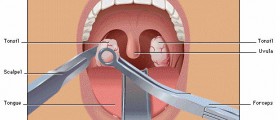
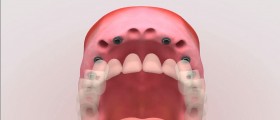
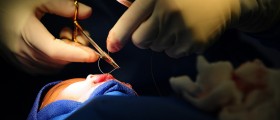
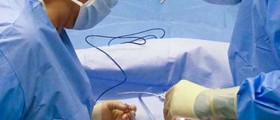

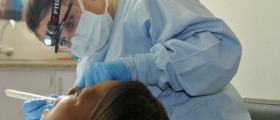

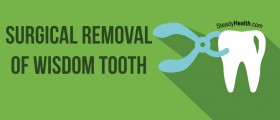

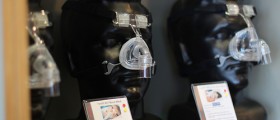



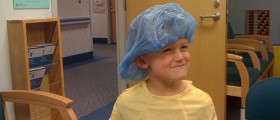

Your thoughts on this
Loading...